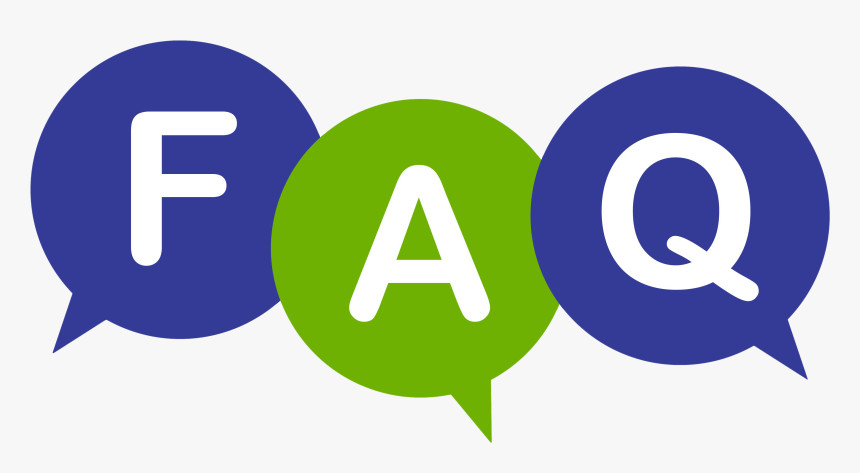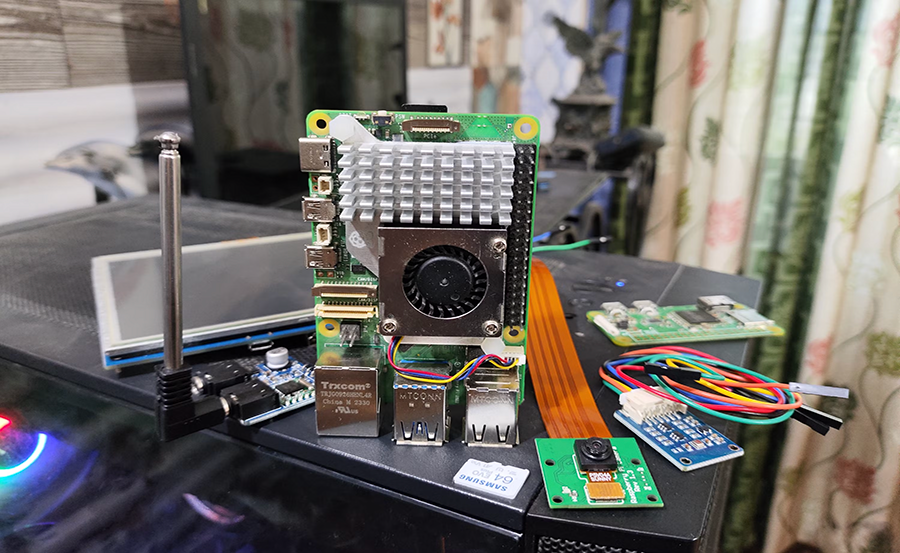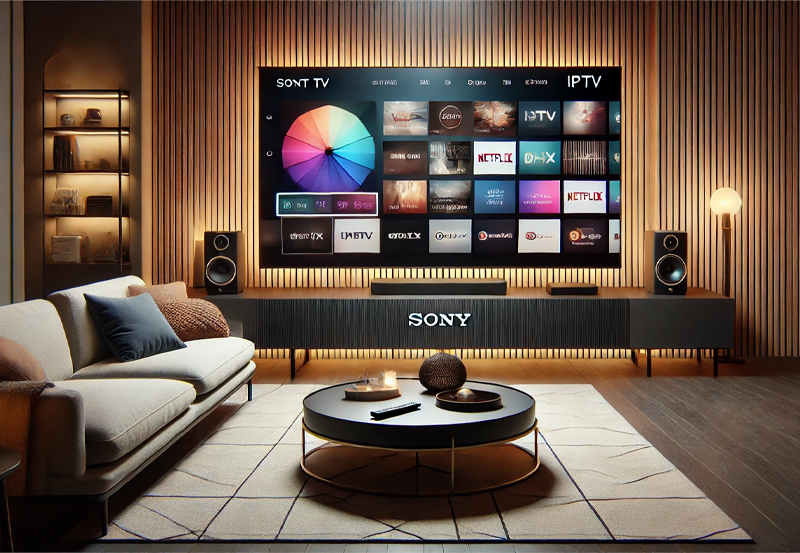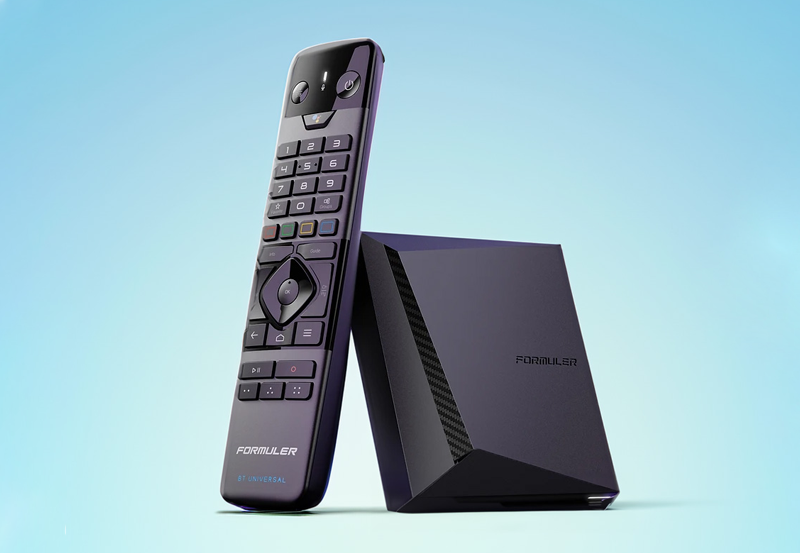Welcome to the burgeoning realm of the Internet of Things (IoT), where Raspberry Pi has sparked a revolution. These tiny, cost-effective computers are the heartbeat of countless innovative projects, combining versatility with simplicity to empower enthusiasts and professionals alike. Whether you are an established developer or a keen hobbyist, using Raspberry Pi in IoT can be a transformative experience.
Why Choose Raspberry Pi for IoT?
Raspberry Pi has redefined the way IoT projects are conceptualized and deployed. Its affordability, coupled with robust features, makes it an ideal choice for beginners and experts.
Firstly, the Raspberry Pi offers an affordable entry point into the world of IoT, allowing experimentation without hefty financial commitments. You get a powerful computing platform for a fraction of the cost of traditional computers.
Pro Tip:
Get high-quality streams with Affordable IPTV services for a world-class viewing experience.
Secondly, the community-driven support and vast resources available online provide a collaborative environment, making problem-solving and project development a communal effort.
Key Features of Raspberry Pi
Understanding the capabilities of Raspberry Pi can significantly enhance your IoT projects. Some standout features include:
- GPIO (General Purpose Input/Output) pins for diverse hardware connections.
- Compatibility with various programming languages like Python, Java, and C++.
- Comprehensive connectivity options: Wi-Fi, Bluetooth, and Ethernet.
Getting Started with Raspberry Pi and IoT
Embarking on your IoT journey with Raspberry Pi involves a few simple steps. These foundational steps ensure a smooth start into the IoT environment.
Setting Up Your Raspberry Pi
Begin by setting up your Raspberry Pi. This involves installing the OS, typically Raspbian, and ensuring network connectivity is in place. It’s essential to update your software to leverage the latest features and security patches.
Connecting IoT Components
Integrating your Raspberry Pi with sensors and other IoT devices is crucial for project development. Understand the workings of GPIO pins, and utilize libraries such as RPi.GPIO or gpiozero for programming interfaces.
First Project: Monitoring Your Home’s Environment
Start with a basic IoT project like environmental monitoring. Utilize sensors such as temperature, humidity, and air quality sensors, which can provide real-time data.
- Set up and configure sensors.
- Write Python scripts to capture and analyze data.
- Visualize collected data using platforms like Node-RED or Grafana.
Advanced IoT Applications
Once you have mastered the basics, it’s time to explore more complex projects that can revolutionize your IoT experimentation.
Consider projects such as home automation systems, asset tracking solutions, or smart city applications. These projects require a deeper understanding of data analytics and machine learning, often integrated into the IoT ecosystem using Raspberry Pi as a central node.
Integration with Global IPTV Services
Raspberry Pi can be used for IPTV solutions, providing an affordable and flexible platform for accessing IPTV for Android applications. By leveraging global IPTV services, you can revolutionize your IPTV adventure, bringing a plethora of channels and content to audiences worldwide.
FAQ

What is the best Raspberry Pi model for IoT?
The Raspberry Pi 4 Model B is often recommended for IoT projects due to its enhanced processing power and connectivity options.
How do I connect sensors to Raspberry Pi?
You can connect sensors to Raspberry Pi via the GPIO pins using appropriate wires and connectors. Libraries such as gpiozero allow easy interaction with connected components.
Can Raspberry Pi run IPTV services effectively?
Yes, Raspberry Pi can run IPTV services by using compatible software and applications specifically designed for lightweight devices.
Is Raspberry Pi suitable for large-scale IoT deployments?
While Raspberry Pi is excellent for prototyping and small to mid-scale projects, large deployments may require more robust hardware and infrastructure support.
What programming languages are best for IoT on Raspberry Pi?
Python is the most popular language for IoT projects on Raspberry Pi due to its simplicity and extensive library support. Other languages like Java and C++ are also widely used.
Discover the Best IPTV Services in the UK for Uninterrupted Streaming





